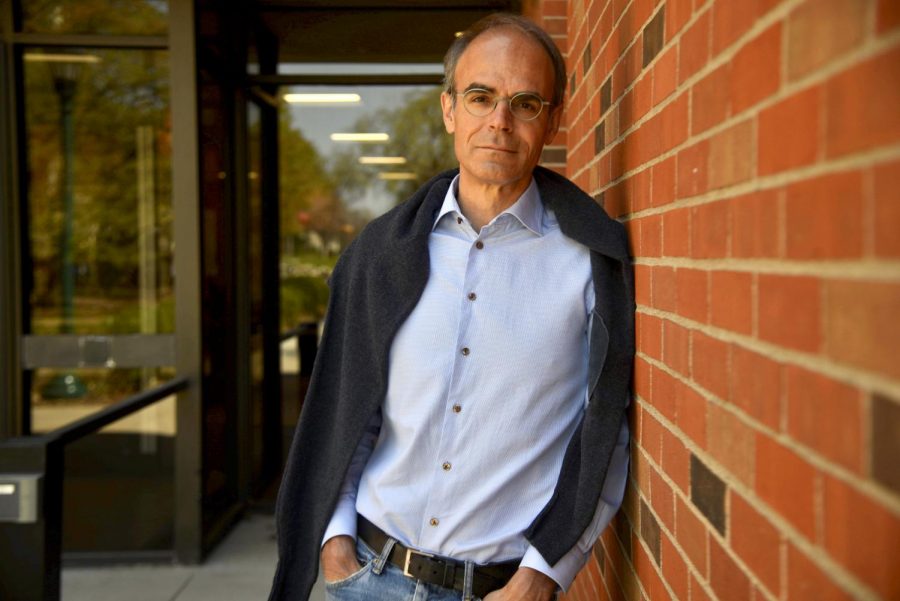Dr. Job Ubbink has traveled around the world to places such as Switzerland, Brazil, Russia, the United Kingdom and across the United States to study food science.
His experience as a traveler and his passion for how food connects people sparked his vision for a new course called “Food Customs & Culture” at the University of Minnesota’s College of Food, Agricultural and Natural Resource Sciences.
The course is open for undergraduate and graduate students from various disciplines. The goal of the course is to strengthen a student’s understanding of their own culture and the culture of others, as well as their worldview in relation to food.
Students complete assignments about their food consumption and write a research project that either examines the evolution of a selected food or analyzes a food custom and culture of a specific group around the world.
Ubbink, a University professor and head of the Department of Food Science and Nutrition, said he was inspired by what he learned during his travels across the world.
“I’ve been fortunate to be part of various communities for either private reasons or professionally,” Ubbink said. “And really realizing that there are multiple ways to do something and how to interact and how to exchange information, that’s a fascinating process and I wanted to share that with the students.”
The new course started this spring with more than 60 enrolled students. Ubbink, University lecturer Dr. Francine Overcash and associate professor Dr. Craig Hassel worked together to develop and teach the course.
“These professors, I cannot say enough good things about them,” said Grace Atchison, a second-year student who is taking the course. “They are so clearly interested in what they’re teaching, but they’re also extremely interested in what we have to say, and so it always makes classes really fun.”
Throughout the course, students and professors share experiences with one another about their own cultures in connection with food. Students are assigned to interview someone with a different cultural background to learn about changes to their food habits over time.
Growing up in the Midwest, third-year student Nathan Seim said his grandparents wanted to assimilate after immigrating to the United States from Norway and Sweden. His grandparents read recipes from the back of their soup cans or newspapers to adopt new dietary practices.
Seim said that during the pandemic, it can be difficult to meet or interact with students from different backgrounds and cultures. The course has helped Seim gain that experience in a virtual setting.
“I absolutely love this course. I think it is my favorite course I’ve ever taken if I’m being completely honest,” Atchinson said. “Regardless of what you are doing, I think it is essential to be able to communicate with people who are different than you [and] to have more of a global perspective on the world.”
Kevin Welshons, a second-year student who is taking the course, said one of the most important lessons he learned is to be aware of where credit is due for the mass-produced food that is in grocery stores across the United States.
“I think as we get further away from how our food is grown, then I think we lose touch with that spiritual value. And that day in and day out, that it is hard work to grow anything,” Welshons said.
The professors plan to teach the course in-person on the East Bank campus in the fall and on the St. Paul campus in the spring.
“As an instructor in certain classes that I teach, you don’t get to hear much about the students’ family background [or] cultural background,” Overcash said. “That’s what I’ve gotten out of [the course] as an instructor and learning about the students more on a personal level.”


















